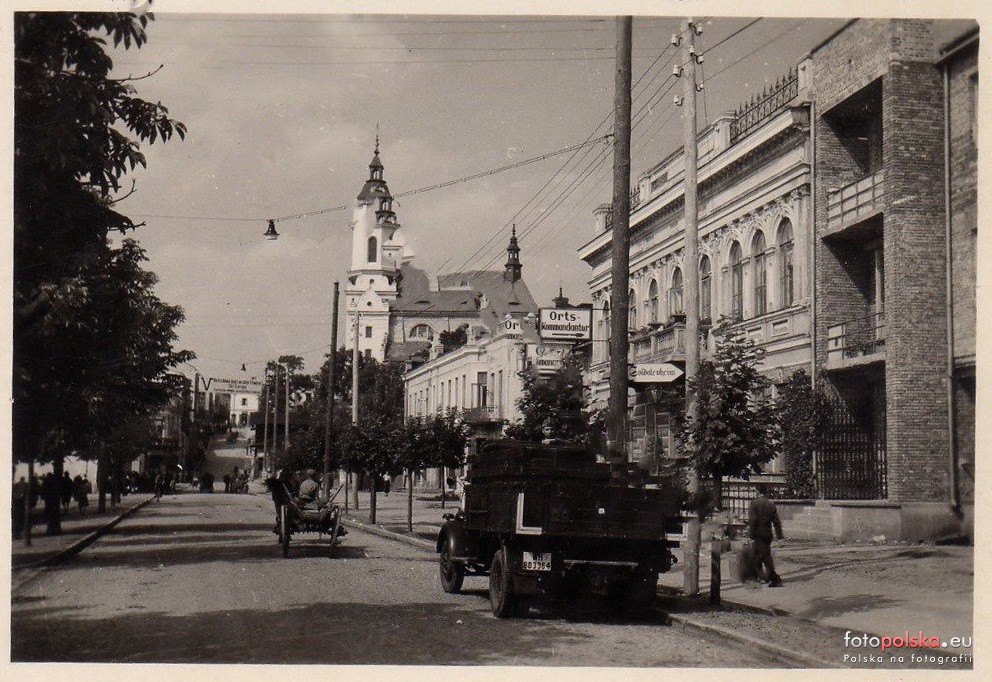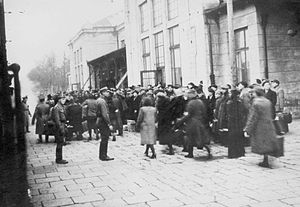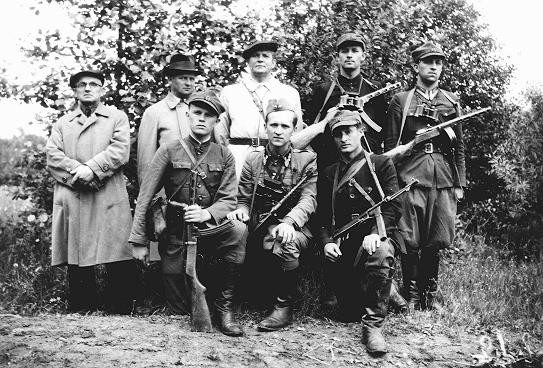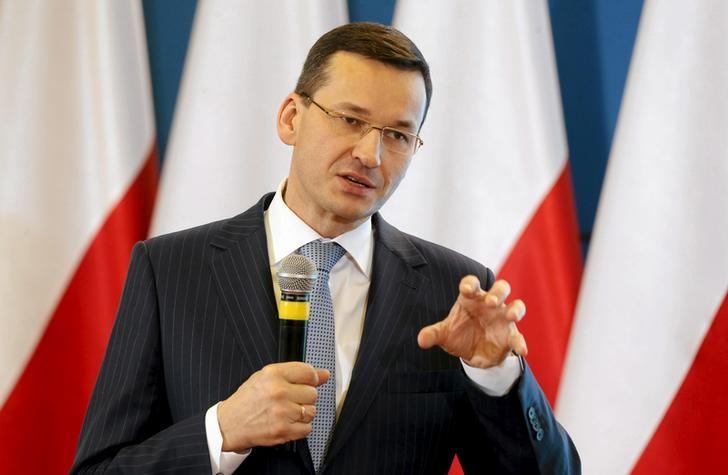Throughout my internship at the Holocaust Education Center, I have seen survival testimonials across Europe. One of the most common countries where people came from was Poland. Poland lost more of its Jewish population than any other country in Europe as 90% of the country’s Jewish population was killed. Through analyzing the testimonies I came upon the realization that while Poland was a victim of the German invasion of the Nazis, many Poles were not opposed to antisemitic beliefs of the Nazis. There are large instances of how antisemiticism persisted directly after the Holocaust such as the Kielce Pogrom of July 4, 1946, but I also saw Polish antisemitism in the survivor testimonials I viewed such as Sam Krongold, Chana Konopiski and Roman Zieglar.
Sam Krongold was born in Ostrowiec, Poland and his family was affluent before the Holocaust as his father owned a factory. Before the Holocaust Sam would experience antisemitism within his home town, though it never escalated to the point of violence. He was denied entry to the boys’ high school in his town because of his religion. After the war, Sam heard about how Poles in Ostrowiec had killed his cousin and that antisemitism had escalated to the point of killing. Despite his fears, Sam would return to Ostrowiec to run his father’s factory. Only two weeks after running the factory in Ostrowiec, Sam was warned to leave the town or he would be killed. Ultimately, his wife and surviving family members would flee to West Germany in order to find safety.

(Ostrowiec 1940, courtsey Aleja, Maja,1940)
Chana Konopiski was born in Czestochowa, Poland though her family would have to flee Czestochowa before the Germans invaded as there was a massive pogrom in 1937. The family would travel to Sosnowiec, Poland. Chana would escape the Gleiwtiz labour camp in Poland and return to Sosnoweic, Poland. Her former Polish neighbors recognized her and reported her to the Nazi police. She had to flee the town. Even after the war, Chana’s husband was initially denied work in Poland and they emigrated from the country due to the prevalent antisemitism.
 (Sosnoweic Ghetto liquidation, 1942)
(Sosnoweic Ghetto liquidation, 1942)
Other survivors like Roman Zieglar also described how polish partisan groups would kill Jews directly after the war. When Roman was trying to get to Berlin, he found out that a Polish partisan group ambushed and killed a group of Jewish survivors who were attempting to migrate to Berlin.
 (Partisan Unit in the Parczew Forest 1939-1945, courtesey Micheal Temchin)
(Partisan Unit in the Parczew Forest 1939-1945, courtesey Micheal Temchin)
Sam, Chana and Roman’s testimony demonstrate that antisemitism in the 1930s and 1940s was not exclusive to Germany and that the Holocaust did not quell this antisemitism. It did not seem that many Poles felt sympathy for the struggles of the Jews and if anything antisemitism got worse after the Holocaust. While there stories establish that there were Polish antisemitism existed before the Holocaust and continued after it, it was not completely universal. Tania Silverman and her family were protected by Polish farmers for over three years during the Holocaust.
It is important that we continue to reflect on the roles of countries in the Holocaust and my major concern is that the Law and Justice Party in Poland today may prevent reflection and Polish reconciliation with past antisemitic actions. In January of 2018, the government attempted to amend the Polish law concerning the Institute of National Remembrance Poland. The new amendments seeked to remove sections making it a crime to say that the country was complicit in the Holocaust and claiming so could result in a criminal sentence of three years in prison. This would muzzle scholarly research into the Polish role in the Holocaust.

(Polish Prime Minister Mateusz Morawiecki, prime minister during the proposed changes to Holocaust law, November 18 2018)
For more information about Poles during the Holocuast I recommend going to the Holocaust Education Center or checking out their link:
https://www.holocaustcentre.com/
For more information about the devolpments of antisemitism in Poland, one can go to:
